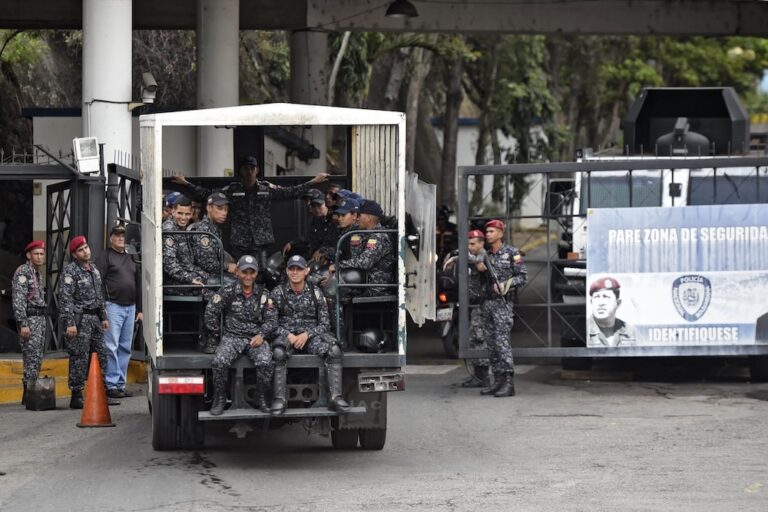Under the new provisions, broadcast and electronic media outlets could face heavy fines and suspensions.
(IPYS-Venezuela/IPYS) – On 20 December 2010, the National Assembly approved a reform to the Law on Social Responsibility in Radio and Television. The newly-named Law on Social Responsibility in Radio, Television and Electronic Media now includes regulations that affect electronic media. The provisions of the law are to be applied to all texts, images or sounds whose dissemination and reception occur within the Venezuelan territory and which are broadcast via radio, television, subscription services and electronic media.
According to the approved reform, Article 27 forbids radio, television and electronic media from broadcasting messages that may: instigate or promote hatred and intolerance based on religious or political reasons, gender, racism or xenophobia; instigate, promote and/or justify or defend crime; constitute war propaganda; promote anxiety among the public or alter the public order; repudiate legitimately constituted authorities; constitute a call to homicide; instigate or promote non-compliance with the current legal system.
Electronic media providers (which are not defined by the law) are obliged to establish mechanisms that allow the dissemination of their messages to be restricted when requested by the National Telecommunications Commission. Also, the law states that “they will be responsible for the forbidden information and contents referred to by the present article, in those cases in which they created the broadcast, modified the information, selected the recipients or did not limit access to them, pursuant to the demands made by the entities responsible for the matter”.
Failure to comply with any of these prohibitions is punishable by a fine of between 50 and 200 Tax Units (between approx. US$700 and US$3,000).
In the case of radio and television stations, the law contains provisions for the suspension of broadcasts for up to 72 hours or fines that amount to 10% of the gross income obtained during the fiscal period immediately prior to that during which the infraction was committed.
The law’s reform was approved after first debate on 14 December.
The National Assembly has declared the law as sanctioned and it will now be sent to the National Executive for enactment and posterior publication, at which point the reform will take full effect.


